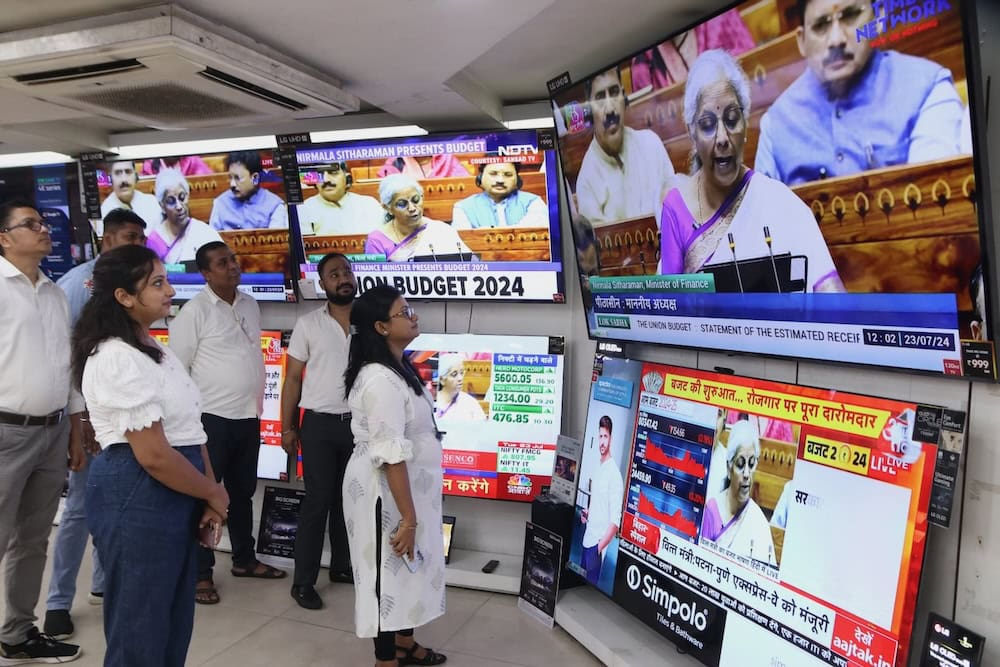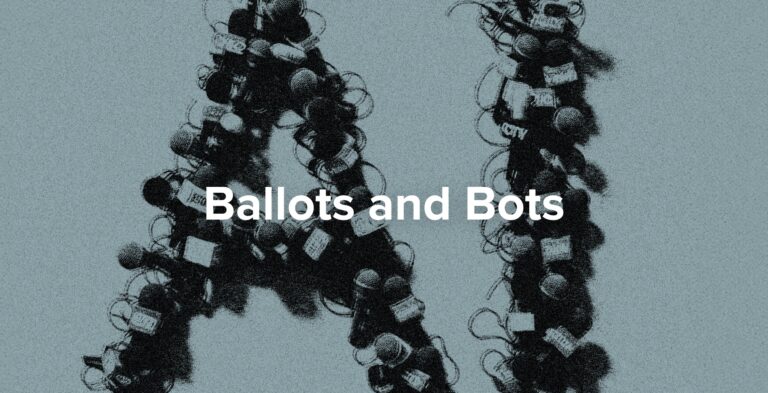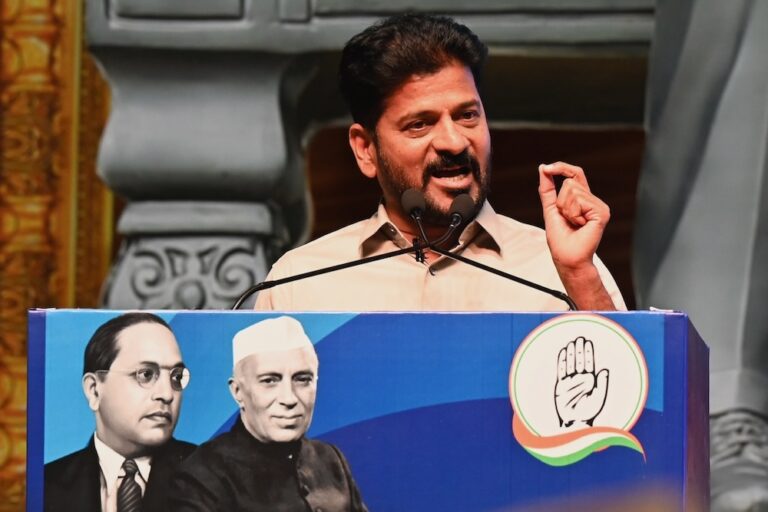The sweeping powers granted to the government to regulate content can result in stifling diverse opinions and critical voices.
This statement was originally published by SFLC on 9 August 2024.
SFLC.in is extremely concerned about the opaque and selective public consultation process around the draft Broadcasting Services (Regulation) Bill, 2024.
As per media reports, the revised version of the draft Bill was shared with limited stakeholders to seek their feedback. This undermines public trust in the consultation process and raises questions about the Bill’s legitimacy, undermines inclusiveness, and contravenes the Pre-Legislative Consultation Policy, 2014.
We believe that the Bill in its current form as shared on various social media platforms requires a complete overhaul and should be redrafted with rights-centric provisions. This should then be shared publicly for wider consultation. Excessive delegated legislation must be minimized under the draft Bill, which is replete with the phrase “as may be prescribed”, as indicated in several reports. The version of the Bill as circulated proposed extensive regulations which jeopardize the fundamental right to freedom of speech and expression. It classifies social media influencers and YouTubers as “Digital News Broadcasters (DNBs)” subjecting them to the same stringent regulations, including mandatory registration and compliance with regulatory framework.
The revised draft Bill further impinges on journalistic freedoms. The sweeping powers granted to the Government to regulate content can result in stifling diverse opinions and critical voices. The power to implement frameworks on key issues such as programme code, general regulations, governance of OTT and DNBs etc. through delegated legislation can lead to bypassing of parliamentary scrutiny. This self-regulation framework could lead to a “chilling effect” on free speech and restrict creative freedom, as platforms might over-regulate or self-censor content to avoid penalties.
The establishment of a Broadcast Advisory Council further centralizes control, potentially enhancing governmental oversight over digital content. The proposed draft is over-broad as it empowers the Central Government to inspect without prior permission or intimation.
In January 2023, SFLC.in submitted written comments on the Broadcasting Services (Regulation) Bill, 2023. The submission highlighted that the draft Bill poses significant challenges to journalistic freedoms and freedom of speech in the country. The opaque consultation process, potential for increased censorship, and substantial compliance burdens on content creators with limited resources does not augur well for our democracy. Comprehensive public consultations and transparent revisions are essential to ensure that the Bill protects free speech and fosters a thriving digital media ecosystem.



